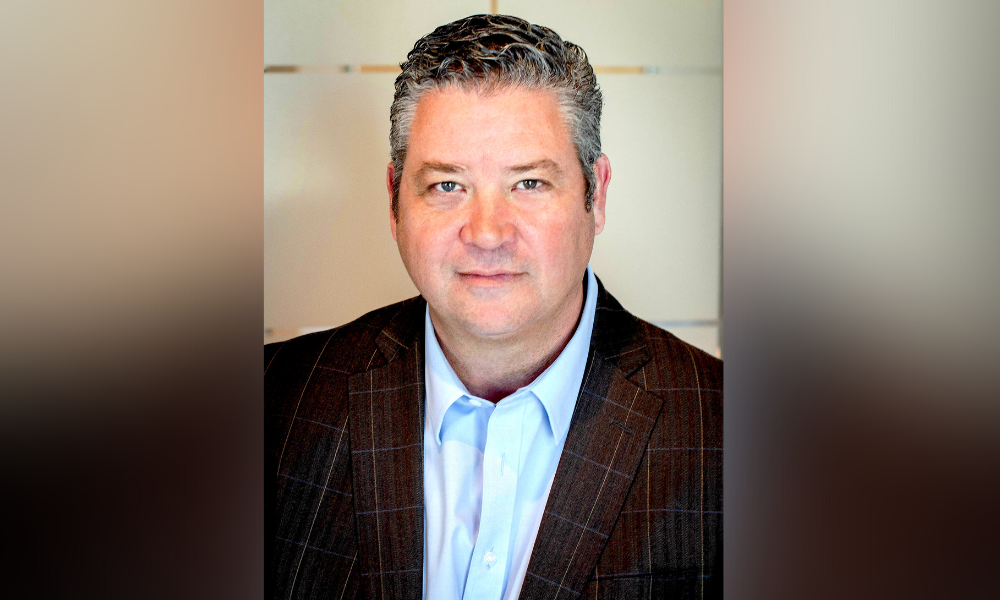
The guidelines make it difficult for counsel to advise clients on how to attend hearings: lawyer

Ontario family lawyers have returned to in-person court hearings for case conferences, long motions, settlement conferences, and trials. However, family lawyer Russell Alexander says provincial courts are enforcing different policies on whether divorce hearings can be held virtually, causing problems for lawyers and their clients.
Some courts want first case conferences to be virtual, and another district court might prefer in-person, which Alexander says creates difficulty for lawyers who need to predict and advise clients on how to attend hearings.
"Some judges say if you started remote, you would continue remotely. Other judges say, 'I don't care if you started remotely; you're supposed to be in court in person.'"
Judges in Brampton prefer clients to attend court in person. However, Alexander says it is more convenient for judges in rural communities to hear cases remotely because they have to travel to different courthouses.
Some judges have said that remote hearings result in fewer addressed cases than in-person hearings, and mixed dockets are not feasible. However, Alexander says better training for judges could address the problem, and mixed dockets worked "perfectly fine" before the pandemic.
Other judges have said it is likely that parties will reach an agreement in a face-to-face hearing because the decorum and formality of the court can influence people's decisions, but Alexander says the new directive for in-person hearings continues to create additional charges and increases delays.
He says the biggest complaint about the justice system for family court before the pandemic was costs and timing, which improved through remote hearings. "We're losing some of those silver linings and the advantages we've gained from technology over the last two and a half years."
Law Times previously reported that in a petition directed to the Chief Justice and Attorney General of Ontario, a group of family lawyers expressed opposition to the decision to return to in-person hearings for most proceedings, citing concerns about the barriers clients face, and the petition has received over 1200 signatures.
Family lawyers have maintained that reverting to in-person from virtual proceedings will mean less access to justice and higher legal costs for many clients and suggested that the profession should focus on fixing the glitches with technology.
Most courts are not equipped with an internet connection because they are large concrete buildings, so Alexander says they need structural improvements to advance technology which would "even the playing field" for people wishing to access the justice system and help reduce the current costs and delays.
"I know one courthouse where you must go to one side of the building to get a cellular connection and high-speed internet."
He says the profession could be more innovative in its approach to technology. For example, create justice hubs so people can access the court system through their local library or city hall.
Alexander says clients incur significant expenses to attend an in-person hearing, including paying legal fees, travelling, taking off work, childcare, and gas.
Travelling to a courthouse can also be very difficult for many people in northern and rural communities, especially in winter, because travelling can be dangerous, he says. As a result, clients with lawyers in faraway cities will have to potentially pay more, look for a new lawyer within their community willing to take on the case, or represent themselves.
"There's some unfairness in that people living in the north or rural communities can't simply get up and walk two blocks to the courthouse," Alexander says, "now we have inflation and gas prices that have gone through the roof."
The in-person directive also creates a logistical problem because the court adjourned many cases to be remote, and he says hearings will not likely get a court date till 2023. "To reschedule everything creates a bit of an administrative nightmare."
Alexander says the chief justice is not prepared to listen and make changes, so it is crucial for the attorney general and the Ontario government to prioritize the concerns raised by family lawyers.